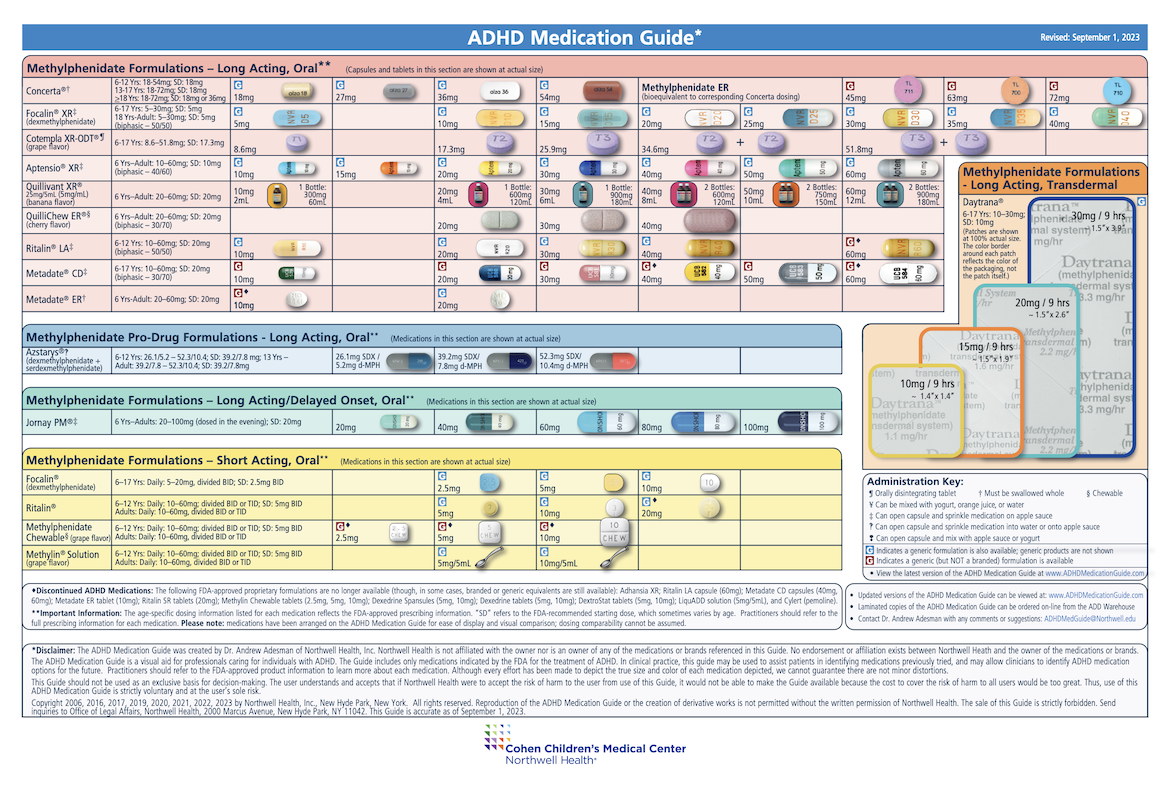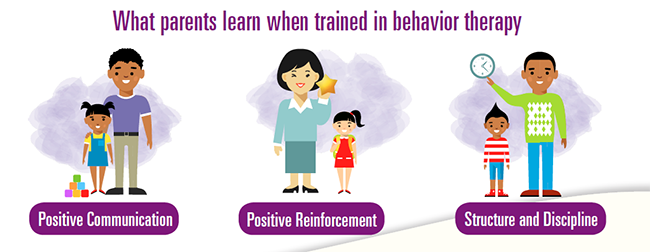The Benefits of Personalized ADHD Treatment Plans for Better End Results
The implementation of personalized ADHD therapy plans has become a crucial technique in boosting therapeutic results for people affected by this condition. By acknowledging the one-of-a-kind manifestations of ADHD in everyone, these customized interventions advertise better engagement and motivation, eventually bring about more effective coping methods. This tailored approach not only addresses academic and work-related obstacles yet also fosters enhanced social partnerships and total lifestyle. The real level of these benefits raises important questions about the specific components that add to lasting success and just how they can be maximized for varied populaces.
Understanding ADHD Variability
Although Attention-Deficit/Hyperactivity Problem (ADHD) is commonly viewed as a particular condition, its indications can differ dramatically amongst people. Sex differences likewise play a duty, as men are extra frequently detected with ADHD and usually show much more obvious signs and symptoms, whereas females might present with less evident inattentiveness.
Moreover, individuals with ADHD might experience a spectrum of emotional and behavioral obstacles, such as anxiousness or oppositional defiance, that can make complex diagnosis and therapy. It is likewise worth keeping in mind that ADHD can provide differently across numerous social contexts, influencing how signs and symptoms are identified and dealt with.
Trick Components of Customization
Individualized ADHD treatment plans are based in numerous essential elements that make certain effective management of the condition. Initially, a comprehensive evaluation is critical, entailing standardized score scales, interviews, and behavioral monitorings. This detailed analysis allows clinicians to understand the person's distinct signs, strengths, and obstacles.
2nd, the participation of several stakeholders, including parents, educators, and the individual, adds to an alternative sight of the person's needs. Cooperation fosters an encouraging setting that can adjust to the person's context and way of life.
Third, therapy strategies must be flexible and versatile, enabling adjustments based on ongoing responses and the individual's developing requirements. This adaptability allows the integration of different healing methods, such as behavior treatments, psychoeducation, and drug administration.
Moreover, cultural and contextual factors have to be taken into consideration. Acknowledging the individual's background, values, and preferences guarantees that the therapy is pertinent and considerate.
Finally, normal follow-ups and analyses are important to keep an eye on development and make essential adjustments. By concentrating on these key elements, individualized ADHD therapy strategies can significantly boost the effectiveness of treatments, leading to enhanced end results for people with ADHD.
Boosted Interaction and Inspiration
To successfully advertise improved engagement and motivation in individuals with ADHD, it is necessary to incorporate strategies that reverberate with their interests and strengths. Personalized therapy plans that align with a person's interests can result in boosted engagement in therapeutic activities, fostering a sense of possession and excitement for the procedure.
Making use of interactive and innovative techniques can likewise significantly improve motivation. Including gamification aspects or real-world applications of skills can make jobs much more appealing and appropriate. This not only catches attention yet additionally strengthens finding out with pleasurable check over here experiences.
In addition, establishing attainable and purposeful objectives tailored to the individual can strengthen inspiration. When individuals see their progress towards directly considerable objectives, they are more probable to remain involved. Regular comments and recognition of achievements can even more receive inspiration, creating a favorable comments loophole that urges ongoing initiative.
Last but not least, fostering a supportive atmosphere where individuals feel comprehended and valued can significantly impact their involvement levels. When therapy plans are established collaboratively, integrating input from the person, they are more probable to feel bought their journey, ultimately resulting in enhanced end results in handling ADHD.
Improved Coping Approaches
Establishing improved dealing approaches is essential for individuals with ADHD, as it furnishes them with reliable tools to navigate daily obstacles. A tailored treatment plan permits the recognition of specific coping mechanisms tailored to the individual's distinct needs and situations - ADHD treatment. Methods such as mindfulness, time management skills, and organizational techniques can look at more info be integrated right into day-to-day routines, fostering a feeling of control and reducing anxiety
Mindfulness practices, including reflection and deep-breathing exercises, help individuals with ADHD concentrate their interest and control their emotions. Time management techniques, such as making use of timers or breaking tasks into smaller, convenient actions, can minimize feelings of overwhelm. Furthermore, business tools like coordinators and checklists can improve effectiveness and responsibility.
Long-term Positive Results
Implementing individualized ADHD treatment strategies can result in significant long-term positive outcomes for people. These tailored strategies, which take into consideration special symptoms, preferences, and Home Page life conditions, assist in extra efficient management of ADHD symptoms gradually. By focusing on the particular requirements of the person, these plans enhance adherence to treatment methods and foster higher interaction in healing activities.

Furthermore, individualized treatment strategies can significantly reduce the risk of comorbid conditions, such as stress and anxiety and clinical depression, which are usually connected with ADHD. Early treatment and consistent assistance help people build durability and coping strategies, promoting general psychological health.
Ultimately, the long-lasting positive end results of customized ADHD therapy intends not only enhance the lifestyle for individuals but additionally add to their general health and success in different life domains. This all natural approach highlights the value of personalized care in handling ADHD properly.
Conclusion
